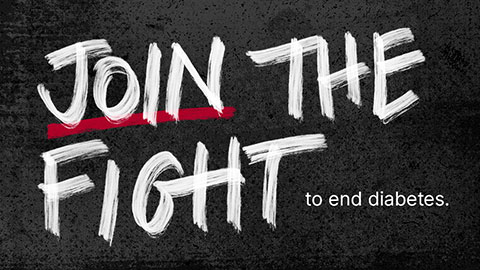Overview
Diabetes must be managed 24/7, and for children with diabetes, that includes time spent at school or school-sponsored activities like field trips and extracurricular activities, in child care programs, and at summer camp or recreational programs. Our Safe at School campaign works to make sure the diabetes management needs of children are met so they are healthy and safe and able to enjoy the same opportunities as their peers.
Federal law gives students the right to receive the diabetes care they need to be safe and participate in school activities just like any other child. Schools should provide the following:
- Trained staff to monitor blood glucose (blood sugar) levels and administer insulin and glucagon
- Trained staff to provide diabetes care during field trips, extracurricular events, and all school-sponsored activities
- Capable students permitted to self-manage their diabetes anytime, anywhere
Schools should not:
- Make family members go to school to care for a student’s diabetes
- Transfer students to a different school to get needed diabetes care
- Prevent students with diabetes from participating in field trips, sports, and other school-sponsored activities
Read about your child’s rights under Section 504, the Americans with Disabilities Act, and other federal laws.
Resources
Learn more about legal protections, written care plans, training, help for schools, and more.





